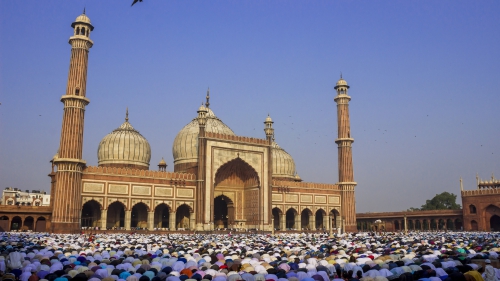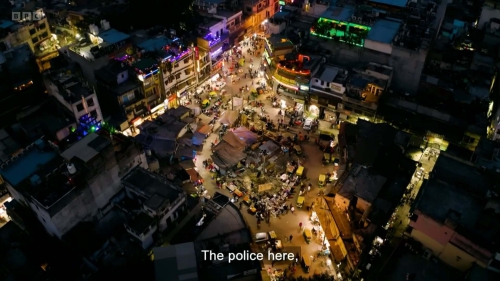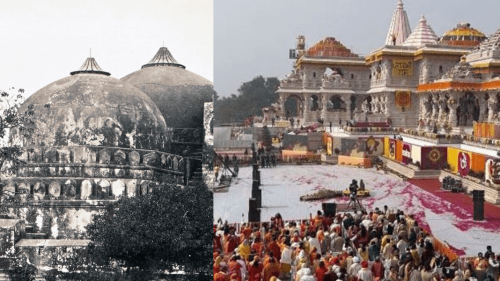Attacks on Christians - Widow burning haunts India



The pre-planned attack on a Christian gathering in New Delhi on November 13 seems to be the fall-out of Hindu spiritual leader Shankaracharya Swami Jayendra's decision to accept the challenge held out by the Pope who recently visited India.
A group of about 40 men and women, some of them members of the Bharatiya Janata Party (BJP) stormed a tent where a group of non-denominational Christians were conducting a open air Bible reading session in New Delhi. Shouting anti-Christian slogans, they tore and burnt pages containing verses from religious scriptures. A couple of Bibles and a Cross were also reportedly damaged. Scores of people were injured in the ensuing scuffle.
Shankaracharya had announced that if conversion is a fundamental right as Pope observed, it is also a fundamental right to bring back neo-Christians to the fold of Hinduism. Mr. Ashok Singhal, international working president of the Vishwa Hindu Parishad (VHP) termed the the Pope's statement that Catholics should continue evangelizing in India, a challenge to Hindu and Buddhist scholars.
Many Hindus have turned a blind eye to the Christian contribution to the upliftment of the downtrodden of India. Especially in the field of medicine and education, their contribution is quite significant. They have given more in these areas than Hindus, Sikhs, Buddhists, Muslims, etc.
The charge that Christian missionaries are converting Hindus is also unsubstantiated. Christians constituted 2.2 per cent of the population in 1991. But in 1961 their numbers stood at 2.4 percent.
Last year, the chairman of the National Commission for Minorities, Dr. Tahir Mahmood, asked Hindu leaders to produce even a single case of forcible conversion. The latter failed to cite even one example. Yet they are targeting Christians again. It time for introspection for the Hindu leadership. They must ponder over why the Dalits (so called untouchables) are attracted towards other religions.
India still lives in medieval age!
It is unfortunate that in an era of Pentium-III, the centuries-old tradition of Sati (burning of widows) still haunts the Hindu community. A case in point is the burning alive of a 55-year-old woman Charan Shah on the funeral pyre of her husband at Satpurva village, near Kanpur.
Her husband Maniram who had been battling against tuberculosis for more than 10 died on November 11. Charan Shah took a bath, lit three lamps and took a round of the funeral pyre and allegedly jumped into the burning fire. People around the funeral pyre chanted slogans Jai Sati Maiya (Bravo! Sati Mother). Some relatives of the woman say they are under pressure from the local police to say that she committed suicide as she was insane.
In the meantime, the People's Union for Civil Liberties (PUCL) which also probed the incident found the involvement of her in-laws and demanded the arrest of the abettors. "The fact that the woman was dressed in bridal finery indicates assistance of the in-laws, the presence of villagers establishes abetment. And announcement of the woman beforehand that she would end her life on her husband's funeral pyre and the absence of the police to prevent it indicates complicity on the part of the administration," it said.
Now people are eager to construct a temple at the site. They are also equally keen to donate money for it. Ironically nobody bothered to know about the plight of the couple when they were alive. And now they have begun to donate the in-laws of Charan Shah. So far, more than 30,000 people have visited the site. The police had to drive away a priest who had come to worship the site. People are flocking in large bowing their heads to the site in reverence to the custom of Sati.
Sati, which was outlawed in 1829 was last reported in Deorala village in Sikar district in 1987 when a young woman Roop Kanwar jumped onto her husband's funeral pyre. Then the Rajasthan Government banned it and made its abetment an offense entailing capital punishment.
Related Suggestions
In accordance with Title 17 U.S.C. Section 107, and such (and all) material on this site is distributed without profit to those who have expressed a prior interest in receiving the included information for research and educational purposes.













